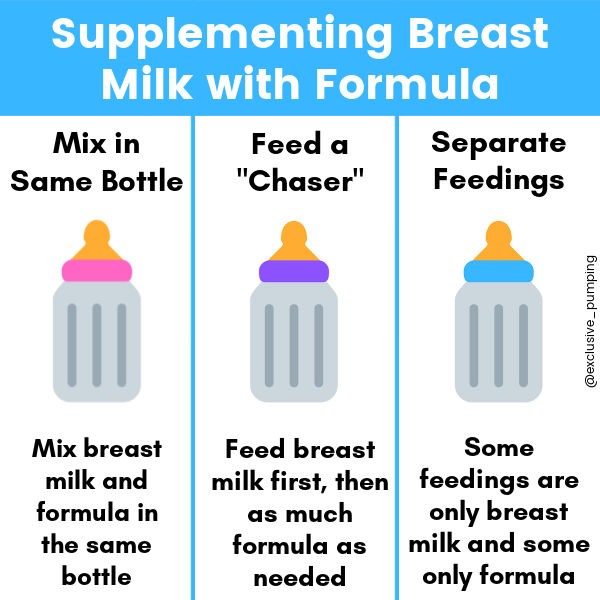What Age Does Preschool Start? A Comprehensive Guide for Parents
Deciding when to start preschool is a significant milestone for both parents and children. With various age ranges and factors to consider, it can be overwhelming to determine the optimal time for your child’s preschool journey. This comprehensive guide will provide insights into the age ranges for preschool enrollment, developmental milestones, benefits, and factors to consider when making this important decision.
As you embark on this exploration, remember that every child is unique and their individual needs should guide your choice. By understanding the age-related considerations and benefits of preschool, you can confidently choose the right age for your child to start their educational adventure.
Age Ranges for Preschool Enrollment

Preschool enrollment age ranges vary globally, influenced by educational systems and cultural norms.
Typical Age Ranges
- United Kingdom: 3 to 4 years old
- United States: 3 to 5 years old
- Canada: 3 to 5 years old
- Australia: 3 to 5 years old
- New Zealand: 3 to 5 years old
- Japan: 3 to 6 years old
- France: 2 to 5 years old
- Germany: 3 to 6 years old
Factors Influencing Starting Age
Variations in starting ages are influenced by several factors:
- Educational System: Countries with mandatory preschool education may have earlier starting ages.
- Cultural Norms: Some cultures emphasize early childhood education, leading to lower starting ages.
- Availability of Preschools: Regions with limited preschool availability may have later starting ages.
Developmental Milestones and Preschool Readiness
Preschool is an important step in a child’s development, and it’s essential that they’re ready for the challenges it presents. There are a number of developmental milestones that children should reach before starting preschool, including:
Cognitive skills:
- Can follow simple instructions
- Can identify basic shapes and colours
- Can count to 10
- Can sing songs and recite nursery rhymes
Social skills:
- Can play cooperatively with other children
- Can share toys and take turns
- Can follow rules and routines
- Can express their needs and feelings appropriately
Emotional skills:
- Can regulate their emotions
- Can cope with frustration and disappointment
- Can build relationships with other children and adults
- Can feel confident and secure in new situations
If your child has not yet reached these milestones, don’t worry. There are a number of things you can do to help them prepare for preschool, such as:
- Playing games that help them develop their cognitive skills
- Encouraging them to interact with other children
- Helping them to learn how to express their emotions appropriately
- Providing them with opportunities to build their confidence and independence
By following these tips, you can help your child get ready for preschool and make the transition as smooth as possible.
Benefits of Early Preschool Enrollment
Preschool can be a transformative experience for young children, providing them with a stimulating environment that nurtures their development and prepares them for success in future educational settings.
Research has consistently shown that children who attend preschool, particularly at a younger age, reap a wide range of benefits that extend far beyond academic achievement. These benefits encompass cognitive development, social skills, and overall well-being.
Cognitive Development
Preschool provides children with opportunities to engage in hands-on learning experiences that foster their cognitive development. Through play, exploration, and structured activities, children develop essential skills such as:
- Problem-solving
- Critical thinking
- Language and literacy
- Scientific inquiry
li>Numeracy
Social Skills
Preschool is a vital setting for children to develop social skills that are crucial for success in life. By interacting with peers and adults in a structured environment, children learn to:
- Cooperate and collaborate
- Resolve conflicts peacefully
- Empathize with others
- Communicate effectively
- Follow instructions
Overall Well-being
In addition to cognitive and social benefits, preschool can also positively impact children’s overall well-being. By providing a safe, nurturing environment, preschool can help children develop a sense of belonging and self-confidence. Preschool also promotes healthy habits, such as regular routines, nutritious meals, and physical activity, which contribute to children’s physical and mental health.
Factors to Consider When Choosing a Preschool Age
When selecting the ideal age for your child to start preschool, several factors merit consideration. These include:
Child’s Individual Needs
Every child develops at their own pace, and some may be ready for preschool earlier than others. Consider your child’s social, emotional, and cognitive development to determine their readiness for a preschool environment.
Family Circumstances
The timing of preschool enrollment may depend on family circumstances, such as parental work schedules, availability of childcare, and financial constraints. Flexible programs that accommodate different schedules can be beneficial.
Availability of Preschool Programs
The availability of preschool programs in your area can influence your decision. Research different options, including the age range they cater to, program structure, and any waiting lists or enrollment requirements.
Transitioning to Preschool
Preparing your child for the transition to preschool is crucial for a positive and successful experience. Here are some tips:
Start by introducing your child to the concept of preschool. Talk about the fun activities, new friends, and learning experiences they can expect.
Visit the preschool with your child beforehand. This will help them become familiar with the environment and reduce any anxiety they may have.
Establish a consistent routine at home that mirrors the preschool schedule. This will help your child adjust to the new routine more easily.
Practice separation by leaving your child with a trusted caregiver for short periods. This will help them get used to being away from you.
Talk to your child about their feelings and answer any questions they may have. Reassure them that you will be back to pick them up and that they will be safe and happy at preschool.
Questions and Answers
What is the typical age range for starting preschool?
The typical age range for starting preschool varies depending on the country or region. In the United States, most children start preschool between the ages of 3 and 4.
What developmental milestones should my child reach before starting preschool?
Before starting preschool, children should be able to follow simple instructions, interact with other children, and have basic self-care skills, such as using the bathroom and washing their hands.
What are the benefits of enrolling my child in preschool at a younger age?
Enrolling children in preschool at a younger age can provide them with a head start on their academic and social development. Preschool can help children develop their cognitive skills, learn to interact with others, and build confidence.
What factors should I consider when choosing a preschool age for my child?
When choosing a preschool age for your child, you should consider their individual needs, family circumstances, and the availability of preschool programs in your area.
How can I prepare my child for the transition to preschool?
You can prepare your child for the transition to preschool by talking to them about what to expect, visiting the preschool with them beforehand, and practicing separation with them.





